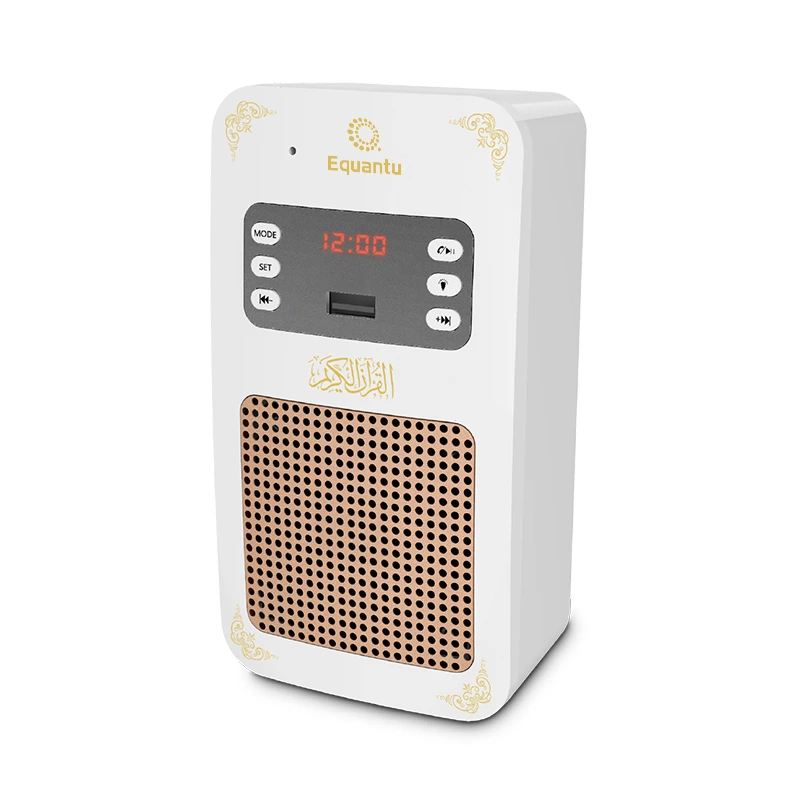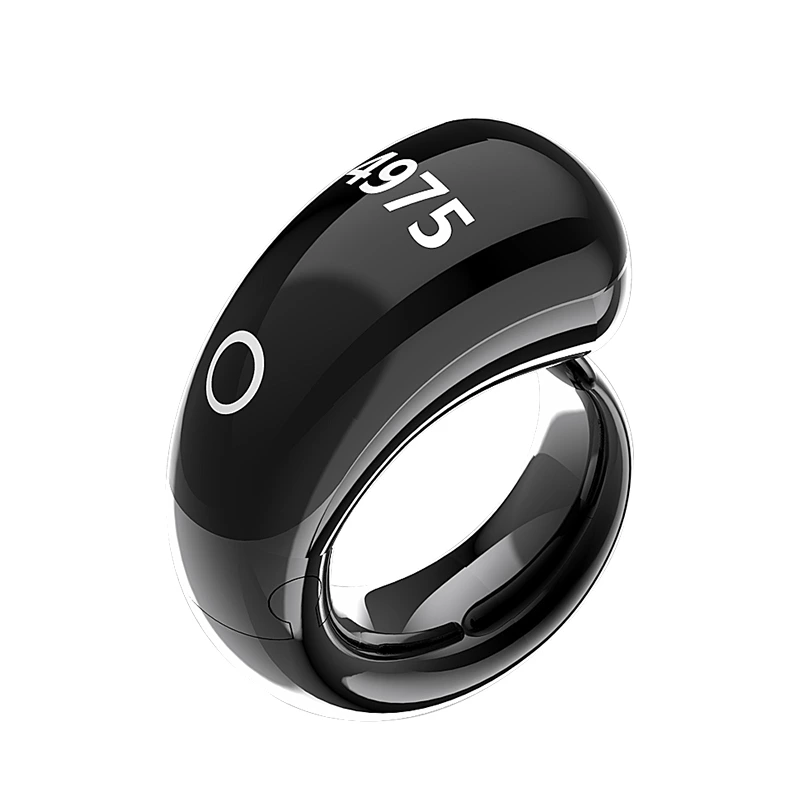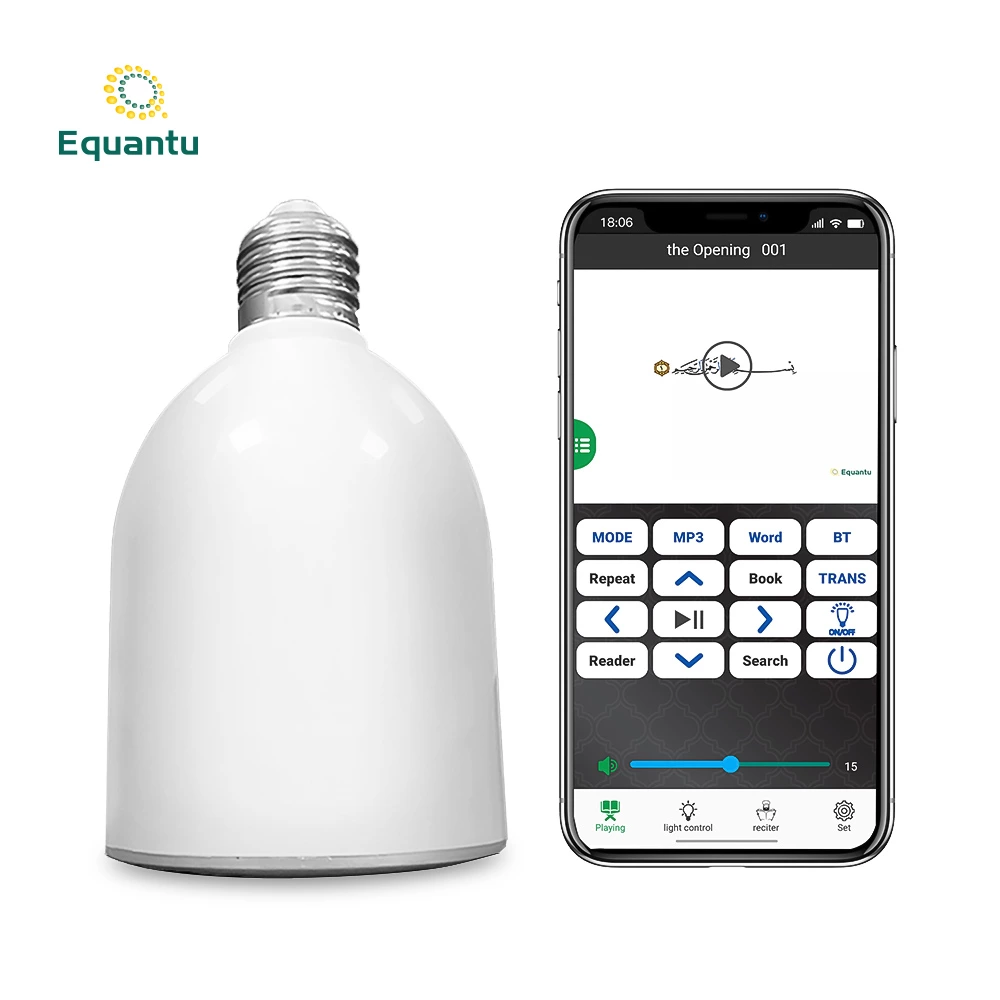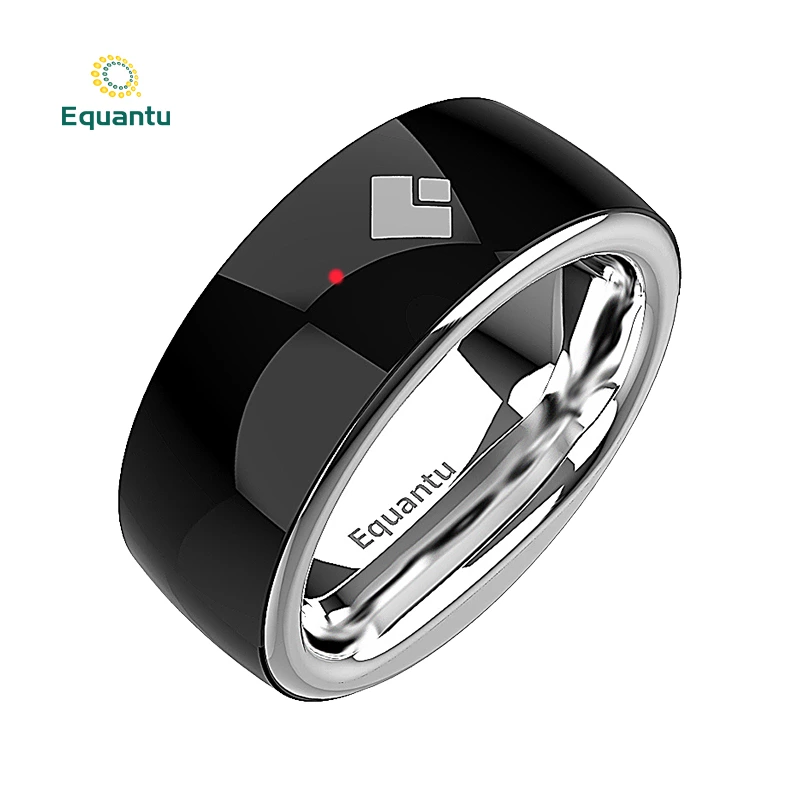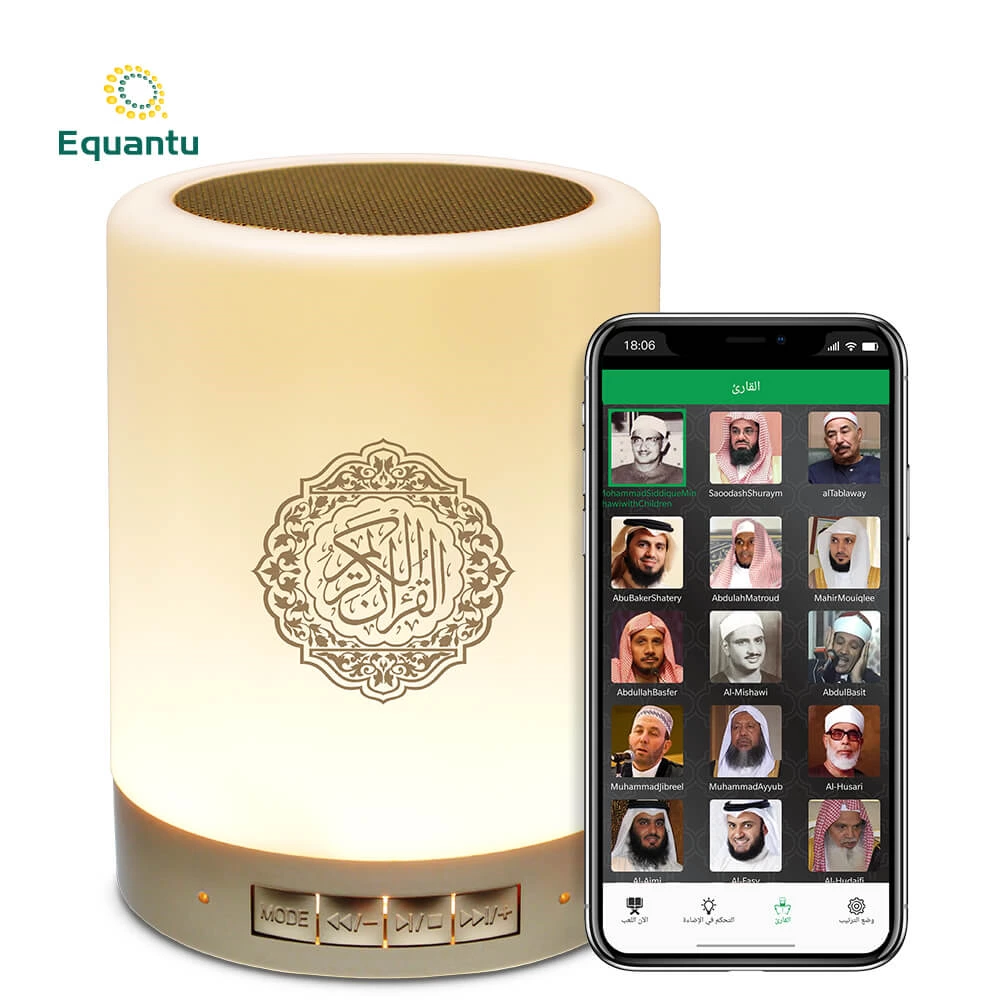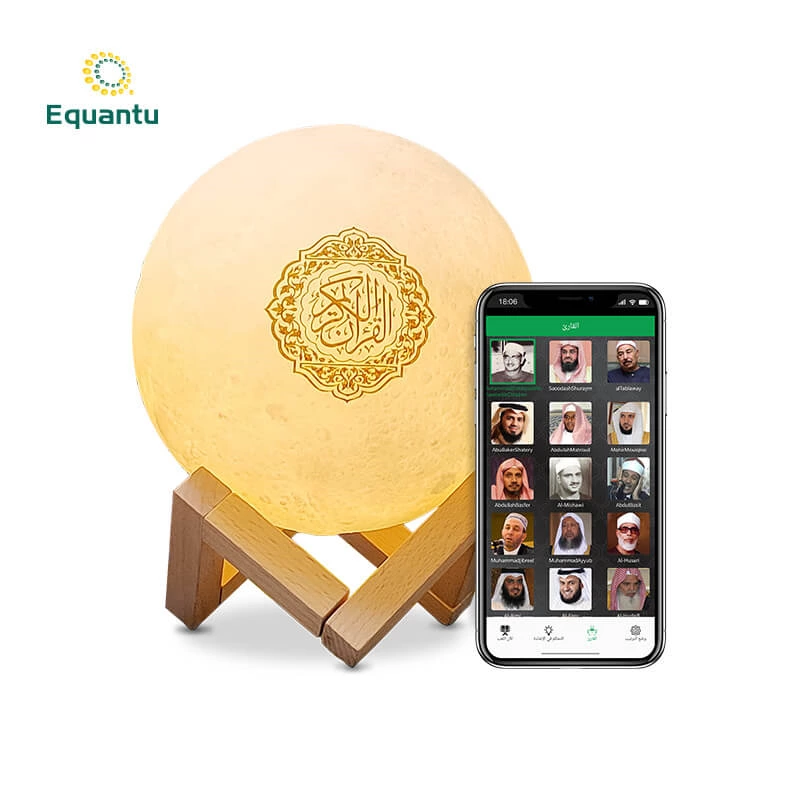Establishing a Shariah-Compliant Framework
Implementing Islamic ethics begins with establishing a framework that aligns business practices with Shariah principles:
- Shariah Advisory Board: Form a board of knowledgeable Islamic scholars to oversee and guide the company’s operations, ensuring compliance with Islamic laws.
- Policy Development: Develop clear policies that reflect Islamic ethical standards, including guidelines for financial transactions, employee relations, and customer interactions.
- Continuous Education: Provide regular training and education for employees about Islamic ethics and their application in the workplace.
Ethical Leadership and Governance
Leadership plays a crucial role in fostering an ethical business culture:
- Leading by Example: Business leaders should embody Islamic ethical principles in their actions, setting a positive example for employees.
- Transparent Governance: Maintain transparency in decision-making processes, financial reporting, and corporate governance to build trust and accountability.
- Fair Decision-Making: Ensure that all business decisions are made with fairness and justice, avoiding favoritism and bias.
Promoting Honesty and Integrity
Honesty and integrity are fundamental to Islamic business ethics:
- Honest Communication: Foster open and truthful communication within the organization and with external stakeholders.
- Integrity in Transactions: Ensure that all business transactions are conducted with integrity, avoiding deceit and fraud.
- Accountability: Hold employees accountable for their actions, encouraging responsibility and ethical behavior.
Fair Treatment of Employees
Islamic ethics emphasize the fair and compassionate treatment of employees:
- Fair Wages and Benefits: Provide competitive and fair compensation packages that reflect the value of employees’ work.
- Safe Working Environment: Ensure that the workplace is safe, healthy, and conducive to productivity and well-being.
- Respect and Dignity: Treat all employees with respect and dignity, fostering an inclusive and supportive workplace culture.
Social Responsibility and Community Engagement
Islamic business ethics encourage businesses to give back to the community:
- Corporate Social Responsibility (CSR): Implement CSR initiatives that align with Islamic values, such as charity, environmental stewardship, and social welfare programs.
- Community Involvement: Engage with local communities through volunteer work, sponsorships, and partnerships with charitable organizations.
- Ethical Sourcing: Source materials and products from suppliers who adhere to ethical and halal standards, ensuring that the entire supply chain reflects Islamic values.
Integration with Modern Islamic Products
Modern Islamic products like Quran speakers and Zikr rings can enhance the implementation of Islamic ethics in business settings:
- Quran Speakers: Install Quran speakers in common areas to provide a constant reminder of ethical principles, fostering a spiritually uplifting and ethically conscious workplace.
- Zikr Rings: Encourage employees to wear Zikr rings as personal reminders of their commitment to ethical behavior and mindfulness in their professional roles.
Leveraging Technology for Ethical Compliance
Technology can aid in maintaining ethical standards:
- Digital Monitoring Systems: Use technology to monitor compliance with ethical policies and identify areas for improvement.
- Ethical Management Software: Implement software solutions that support ethical decision-making and transparent reporting.
- Online Training Platforms: Utilize digital platforms for ongoing education and training on Islamic business ethics.
Conclusion
Implementing Islamic ethics in modern business settings not only fulfills religious obligations but also fosters a trustworthy and sustainable business environment. By establishing a Shariah-compliant framework, promoting honesty and integrity, ensuring fair treatment of employees, and engaging in social responsibility, businesses can achieve long-term success while upholding Islamic values. Integrating modern Islamic products like Quran speakers and Zikr rings further reinforces these ethical practices, creating a harmonious and morally grounded workplace.

